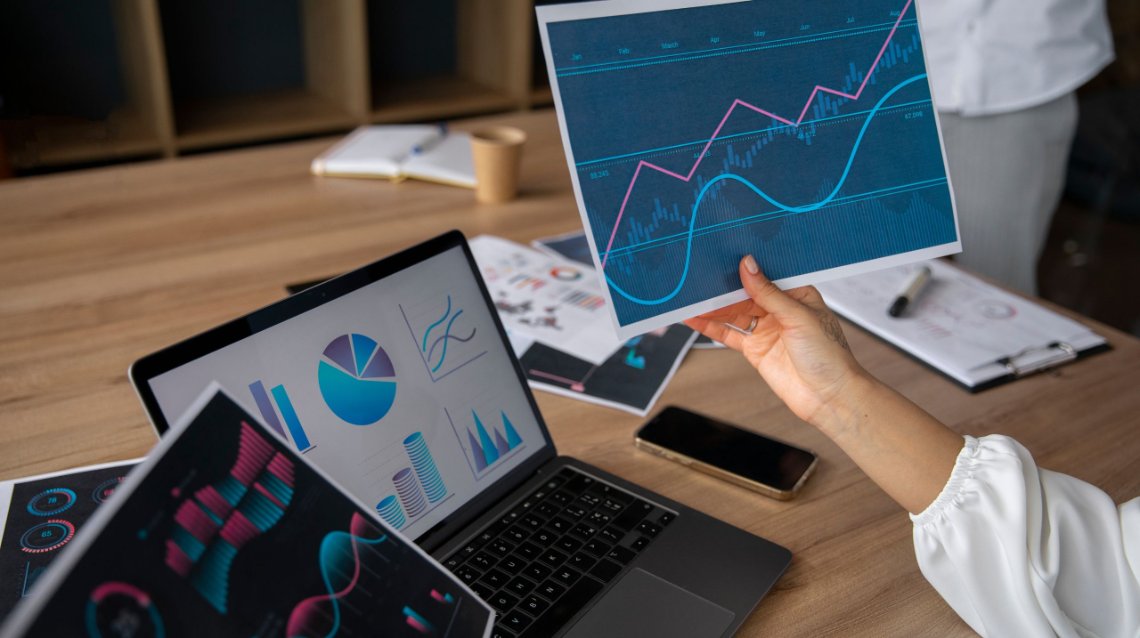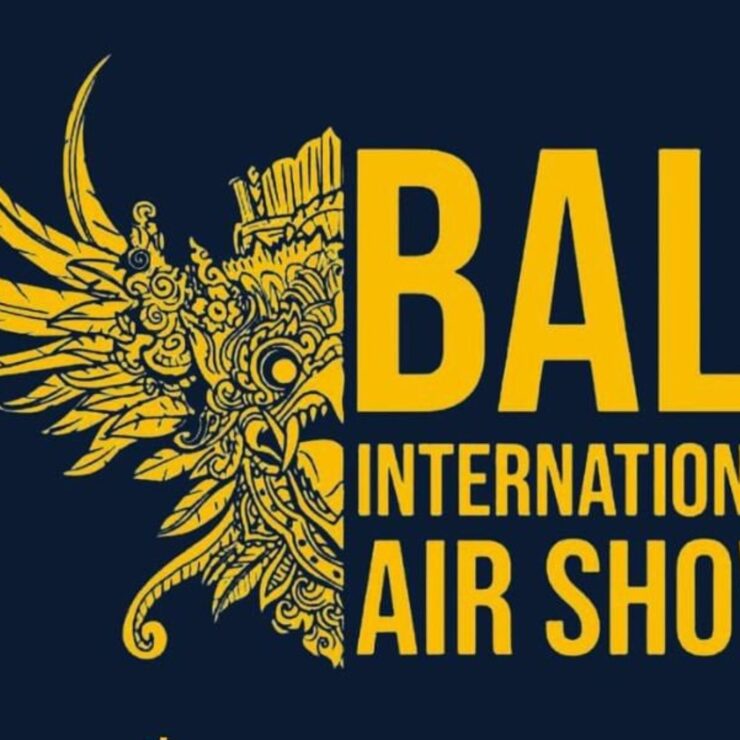Optimizing Hotel Campaigns – In today’s fast-paced digital era, data and analytics have become essential tools in hotel marketing. With increasing competition in the hospitality industry, hotels must use data effectively to create successful marketing campaigns and reach their audience in the most efficient way. This article will discuss how hotels can optimize their marketing campaigns using data and analytics, including data collection, analysis, and its application for better marketing strategies.
1. Customer Data Collection
Customer data collection (Source pict: Formstory) is a crucial first step in optimizing a hotel’s marketing campaign. Customer data includes information such as room preferences, booking history, reviews, and interactions on social media. By collecting this data, hotels can gain deep insights into their customers’ needs and preferences. Data collection methods can include surveys, registration forms, and analysis of user behavior on the hotel’s website or app.
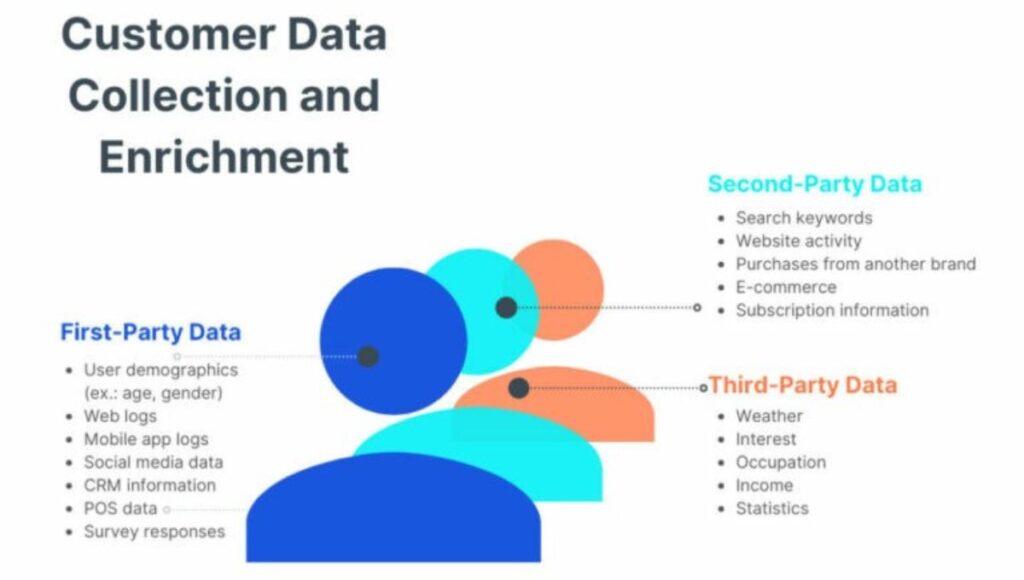
With modern technology, such as property management software (PMS) and customer relationship management (CRM) systems, hotels can collect data more efficiently. For example, PMS can store data on booking history and customer preferences, while CRM can track customer interactions and their feedback. Collecting this data helps hotels understand customer behavior patterns and allows them to create more relevant and customized offers.
2. Analyze Data for Deep Insights
Once customer data has been collected (Source pict: Datapad), the next step is to analyze the data for deep insights. Data analysis allows hotels to identify trends, patterns, and preferences that can influence their marketing strategies. For example, data analysis can reveal peak booking times, room type preferences, and responses to certain promotions
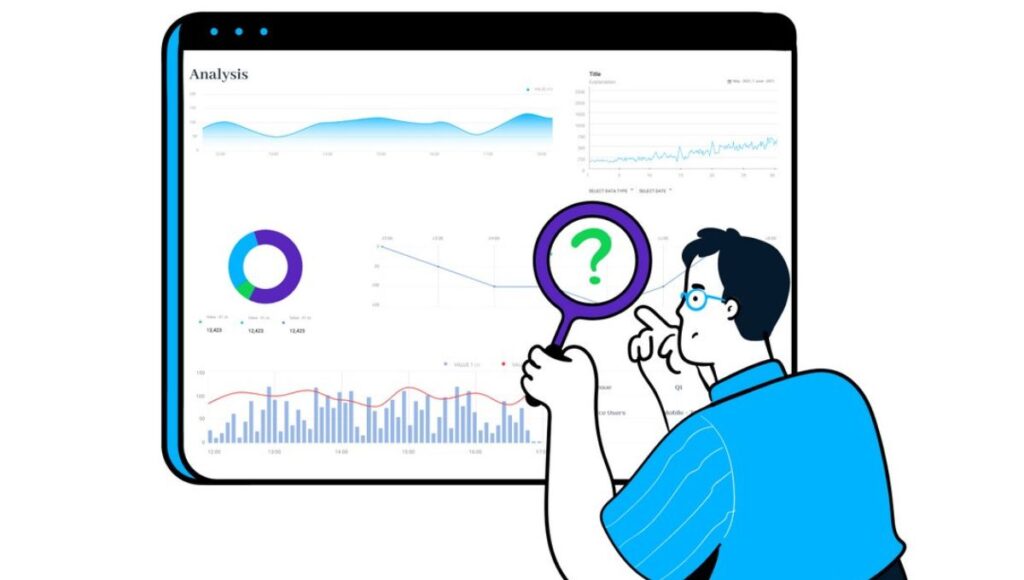
Advanced analytics technologies, such as predictive analytics and machine learning, can help in identifying patterns that are not always visible with traditional data analysis. By using analytics tools, hotels can make more accurate predictions about future customer behavior and adjust their marketing strategies to optimize results. This helps hotels to be more proactive in designing more effective and relevant marketing campaigns.
3. Enhanced Targeting via Segmentation
Audience segmentation (Source pict: Gosquared) is the process of dividing customers into groups based on certain characteristics or behaviors. With segmentation, hotels can target their marketing campaigns more effectively and relevantly. For example, hotels can create segments based on visit frequency, geographic location, or room type preference.
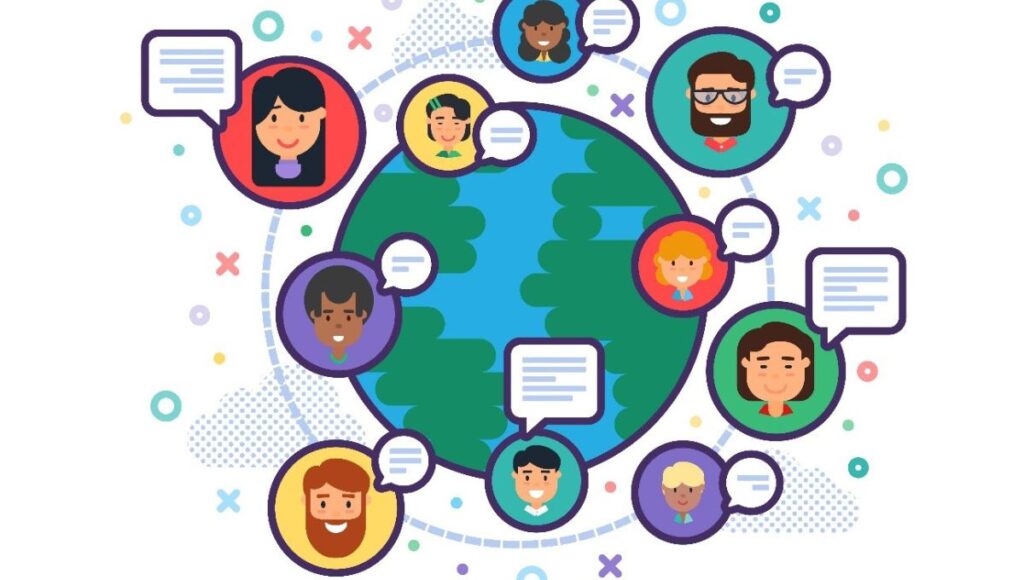
The data obtained from the analysis can be used to define different audience segments and customize marketing messages for each group. For example, customers who make frequent business bookings may be more interested in offers of conference facilities and fast Wi-Fi, while family travelers may be looking for vacation packages and children’s activities. Audience segmentation allows hotels to send more targeted messages and increase the likelihood of conversion.
4. Personalize Offers and Messages
Personalization (Source pict: Gameball) is the key to grabbing customers’ attention in hotel marketing campaigns. Using data and analytics, hotels can create offers and messages tailored to individual preferences. For example, hotels can send personalized emails with special offers to customers based on their booking history or room preferences.

Personalization not only improves customer experience but also increases the effectiveness of marketing campaigns. When customers feel that offers and messages are relevant to their needs, they are more likely to respond and make a booking. By leveraging customer data to create customized offers, hotels can increase conversion rates and build stronger relationships with customers.
5. More Efficient Marketing Campaigns
AI allows hotels to run more efficient and effective marketing campaigns (Source pict: Binaracademy). By using data analytics, AI can help hotels understand their audience better and target marketing campaigns more precisely. For example, AI algorithms can analyze demographic and customer behavior data to determine the optimal audience segmentation and suggest marketing strategies accordingly.
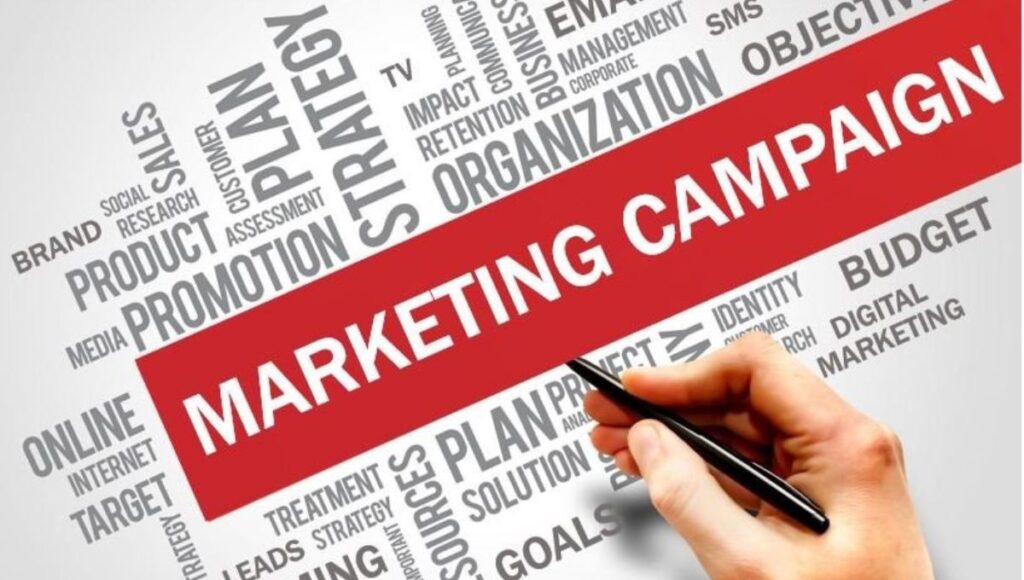
Additionally, AI can help create more relevant and engaging content. For instance, AI can generate ads tailored to audience preferences, ensuring a higher level of personalization. Moreover, it can optimize ad copy to boost conversions. Consequently, hotels can increase the ROI of their marketing campaigns and achieve better results within the same budget. Furthermore, by leveraging AI, hotels can continuously refine their marketing strategies based on real-time data and insights.
6. Ethical Challenges and Considerations
While AI offers many benefits, there are some challenges and ethical considerations to consider (Source pict: Geeksforgeeks). One of the main challenges is data privacy. By collecting and analyzing customer data, hotels must ensure that the data is properly protected and used in accordance with applicable privacy regulations, such as GDPR in Europe.

In addition, there is a risk that reliance on AI may reduce valuable human interaction. While chatbots and virtual assistants can handle many tasks, some customers may feel that they are missing out on the personal touch that comes with direct interaction with human staff. Hotels must find a balance between utilizing technology and maintaining the essential human element in customer service.
7. The Future of AI in Hospitality Marketing
The future of AI in hospitality (Source pict: Encrypted) marketing looks promising as technology continues to evolve. In the future, we will probably see more innovations in the use of AI, including integration with the latest technologies such as blockchain and IoT (Internet of Things). AI can help hotels create more immersive and interactive experiences, improve operational efficiency, and provide deeper insights into customer behavior.

As technology continues to evolve, hotels must remain flexible and open to change to capitalize on the opportunities offered by AI. By adopting new technologies and integrating them into their marketing strategies, hotels can stay competitive in an increasingly competitive market and meet evolving customer expectations.
Conclusion - Optimizing Hotel Campaigns
AI has significantly transformed marketing in the hospitality industry, enhancing customer experience personalization, optimizing pricing, and improving inventory management. These advancements help hotels serve customers better and increase operational efficiency. Despite challenges and ethical considerations, AI’s benefits are undeniable. As technology evolves, AI innovations will dominate future hospitality marketing. Hotels that wisely adopt these technologies will thrive in a dynamic market, making AI a crucial component of digital transformation and delivering superior customer experiences globally.
As you navigate the digital marketing seas, consider this guide your compass. Interested in delving deeper? Don’t forget to explore more our insightful services like
- Lua-Reservation: Streamlining Bookings, Elevating Guest Experiences
- Lua-Engine: Integration booking system
- Lua-Sales: Expanding Horizons, Amplifying Opportunities.
- Lua-Creative: Highlights unique aspects of your property
If you’re enticed by the idea of partnering with Lokalua by Dijiwa Sanctuaries, or wish to join our ranks, feel free to contact us or learn more about the Lokalua Partnership. So, as we close this guide, I encourage you to embrace the exciting world of media buying. Strap in, get ready, and let the music of your marketing symphony play!

